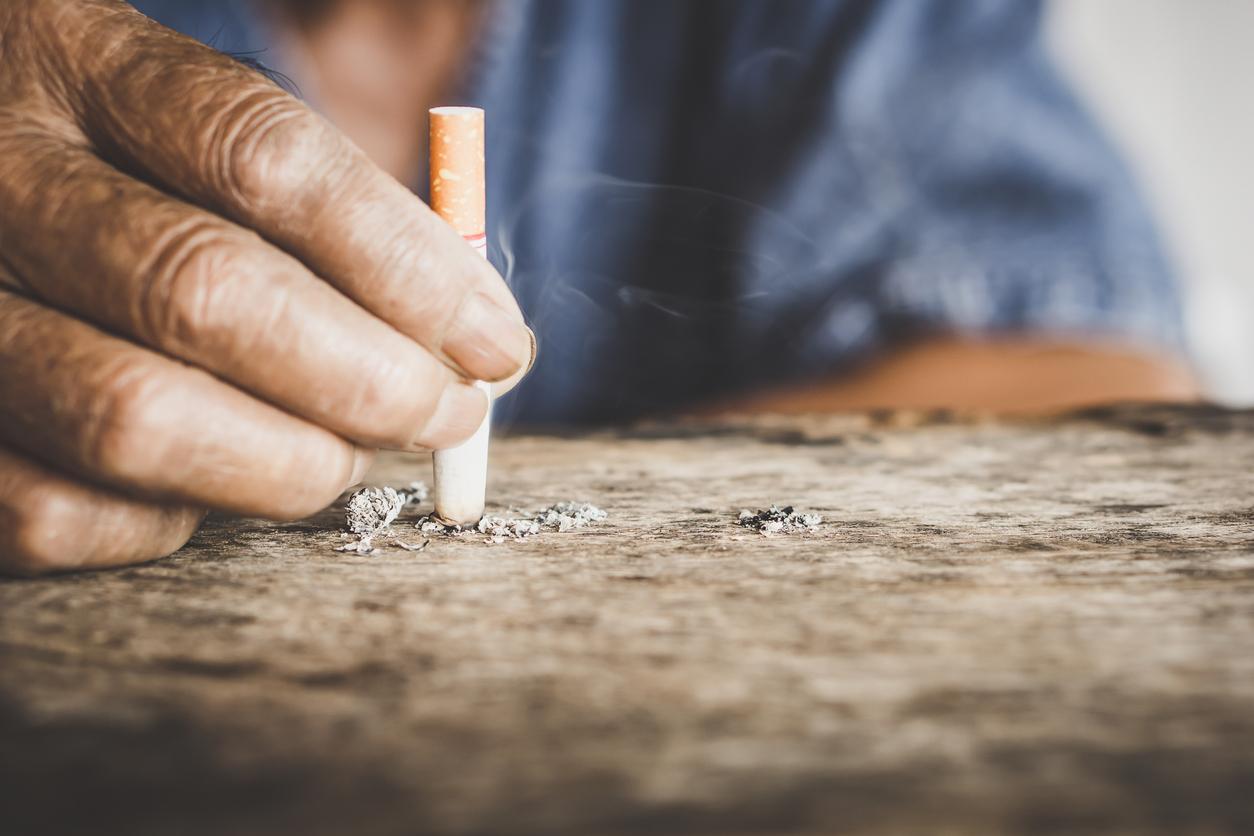November 11, 1999 – A study that compared melatonin levels in 34 men and women aged 64 to 81 with those of 98 men aged 18 to 30 showed no significant difference in nighttime melatonin levels between the two groups . Study participants were to spend 3 days and 3 nights in isolation in a sleep lab at Brigham and Women’s Hospital in Boston. They maintained a normal sleep schedule but had to abstain from alcohol, caffeine and nicotine.
According to Dr. Charles Czeisler, who led the research, “this means that blood plasma melatonin levels do not decrease with age in healthy subjects.” This study contradicts popular belief as well as the advertising campaigns of some melatonin manufacturers who have targeted the elderly by telling them that supplementing with melatonin can restore melatonin levels decreased by old age.
According to Andrew A. Monjan, director of the Neurobiology of Aging section at the National Institute of Aging, Bethesda, Maryland, “The study shows that age is not the critical factor in declining production of melatonin by the brain. Rather, we have to involve other factors such as illnesses, the use of drugs and a whole series of problems which sometimes accompany old age ”.
This does not mean that melatonin is worthless. There is some evidence showing that melatonin is effective in fighting problems like jet lag syndrome following air travel. On the other hand, it would be wrong to take melatonin with the idea of delaying or reducing the effects of the aging process.
HealthPassport.net
From Medical Tribune News Service, November 5, 1999. Dr. Czeisler’s study is published in The American Journal of Medicine (1999; 107: 422-436) but was not yet indexed in Medline at the time of this news.

















